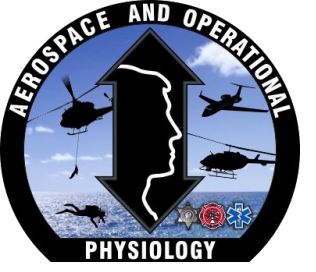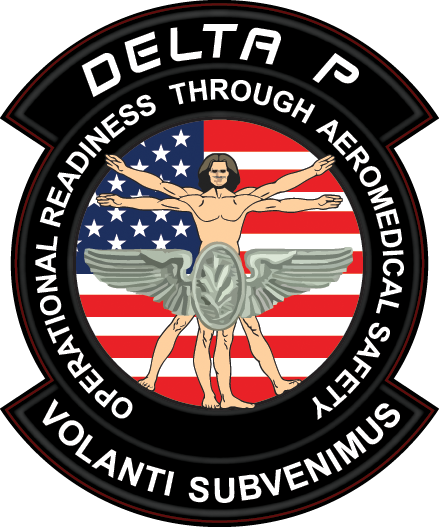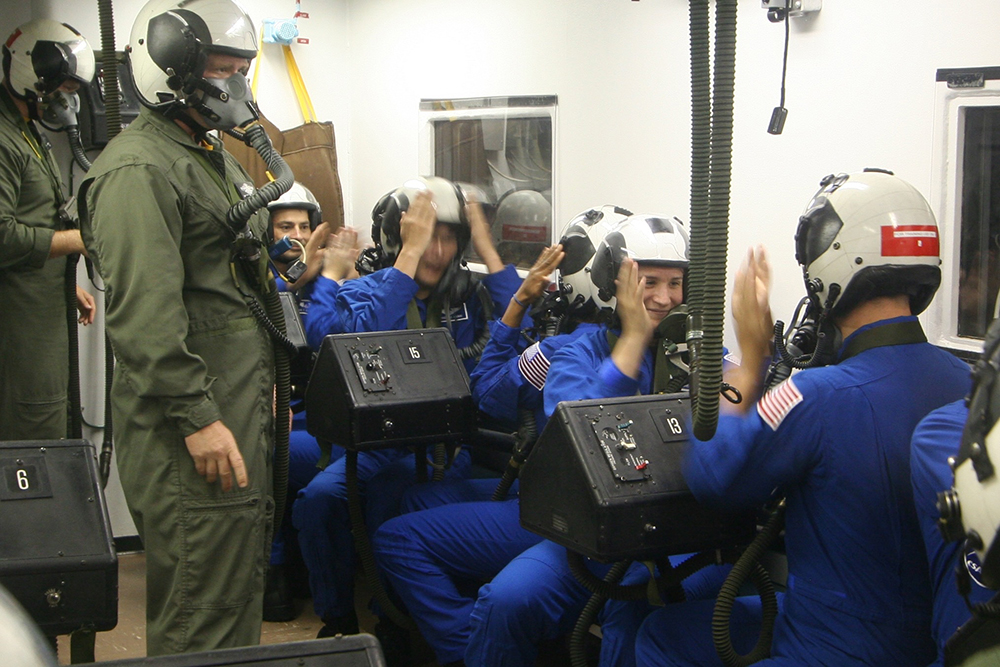 You may ask “Why do I need this now since I never had it before?” The simple answer is: 1. we are now realizing what the real causes of accidents are…and we are the causes, not the equipment. Our human responses (human factors) are what are causing the accidents. The pilot is one of the few, if not the only, single point failure in the aircraft. Many departments are only 1 accident away for shutting down. 2. There is now a pilot shortage so you need to keep your crews in the cockpit and keep them flying. This is what Delta P can help with.
You may ask “Why do I need this now since I never had it before?” The simple answer is: 1. we are now realizing what the real causes of accidents are…and we are the causes, not the equipment. Our human responses (human factors) are what are causing the accidents. The pilot is one of the few, if not the only, single point failure in the aircraft. Many departments are only 1 accident away for shutting down. 2. There is now a pilot shortage so you need to keep your crews in the cockpit and keep them flying. This is what Delta P can help with.
The realm of aviation safety is changing. Today it takes more than just the traditional safety program. A common enhancement to an SMS program is a human performance component. Even with all of the regulations, the various aviation communities continue to deal with and have mishaps related to (cited by the NTSB) human performance/human factors issues as Fatigue (and all of the mitigation strategies such as caffeine), Spatial Disorientation (IIMC), Decision Making, etc.. When evaluating the scientific data, interest in human performance and human factors is growing in the professional aviation community. Pilots maintain their qualifications and currency annually; this training focuses on systems failures in the aircraft. This commonly constitutes 100% of a pilot’s training. We have found, however, that systems failures constitute only 10% of the accidents. The remaining 90% fall into the area of human factors and human performance which goes beyond just training, which is exactly Delta P’s area of expertise. This fact coupled with companies finding themselves in a position that is very common these days, being understaffed, could result in a less-than-optimal performance level.
Focusing on human performance provides financial benefits as well. At the operational/field level, Delta P can increase efficiency which means reduction of human error which results in greater safety. At the supervisor/unit manager level, increased efficiency results in increased productivity, or more “bang for the buck”. Finally, at the corporate/shareholder/leadership level, by increasing efficiency and productivity and safety, they are getting a better return on their investment. In other words, the governing body gets more for the money they funded for purchasing and maintenance of the aviation operations.



